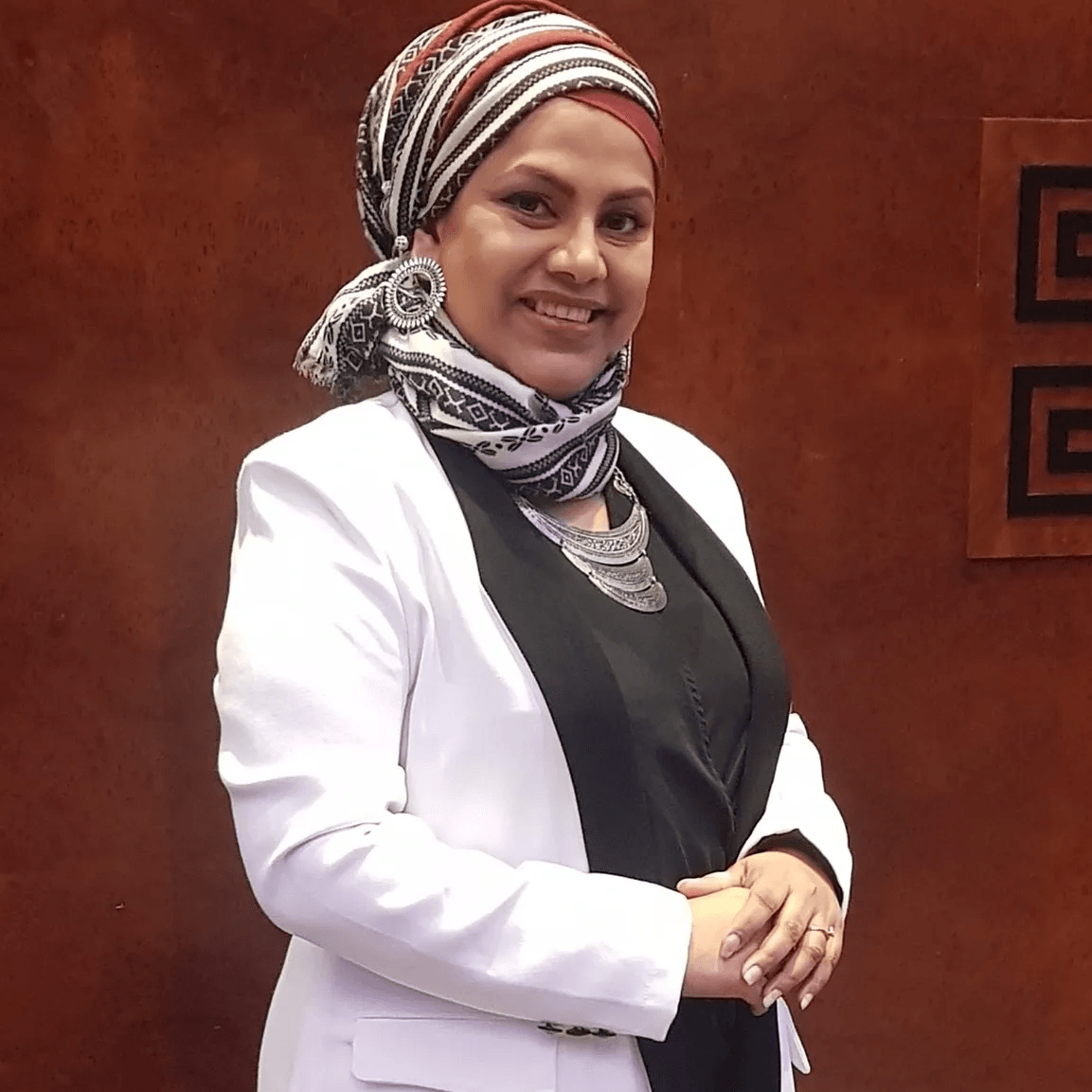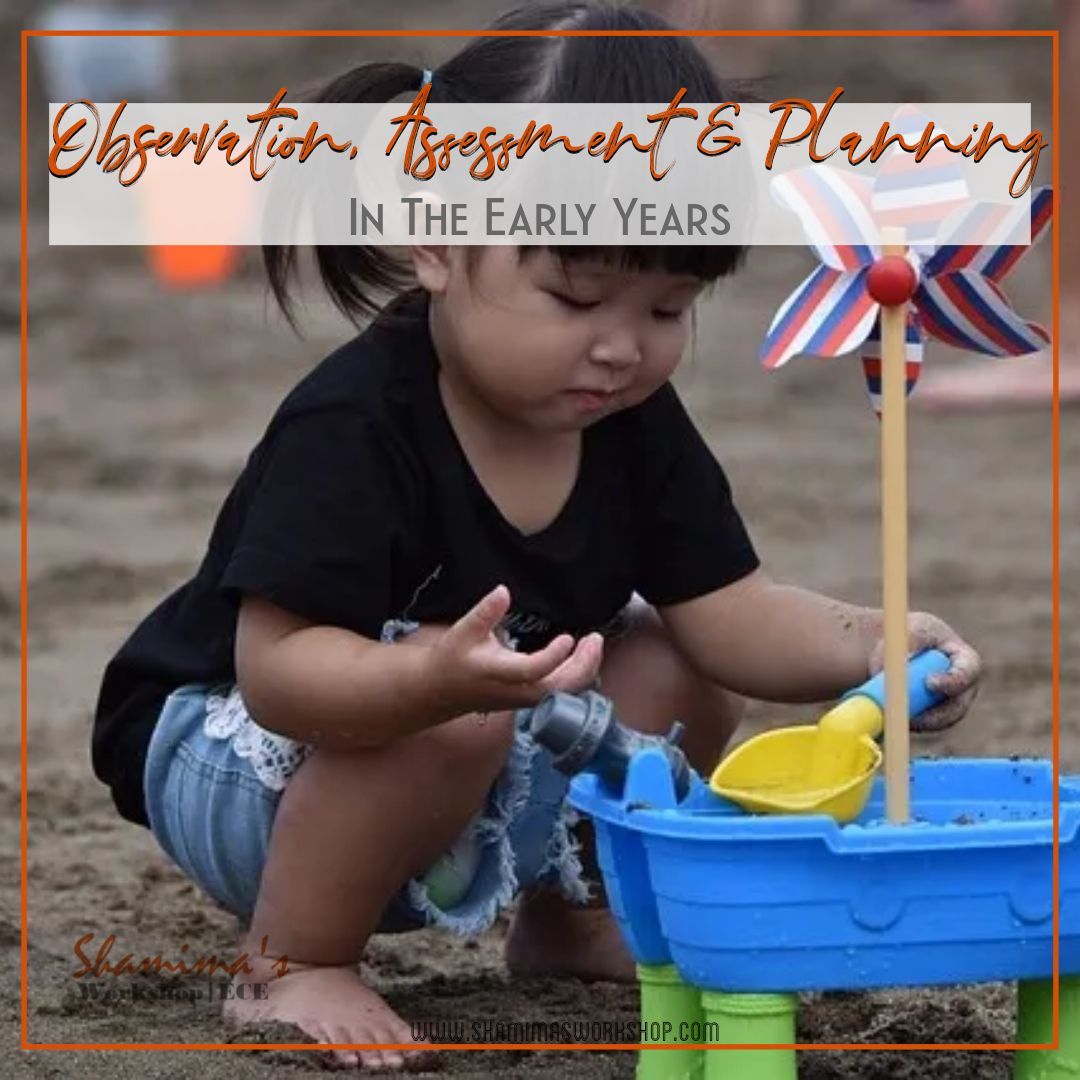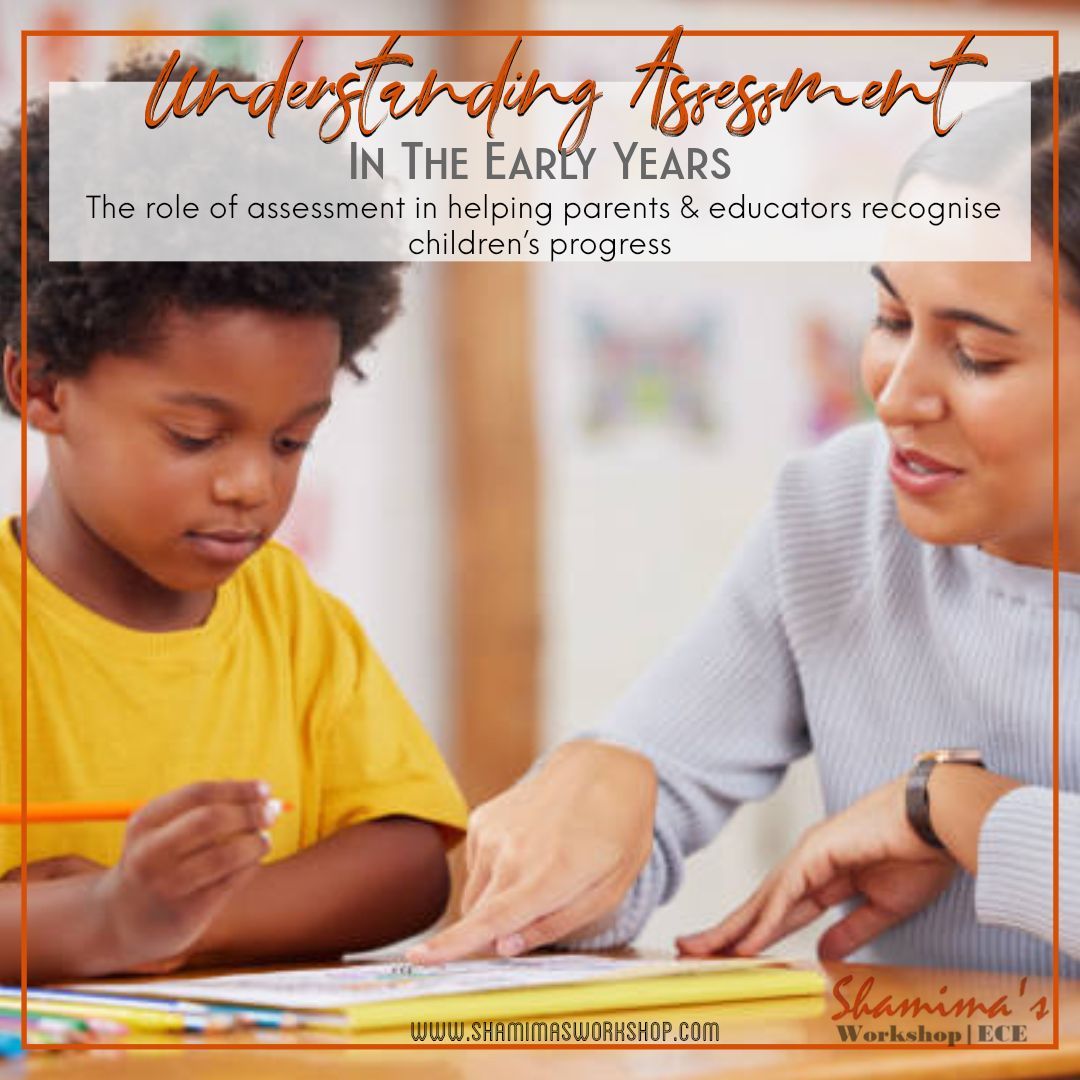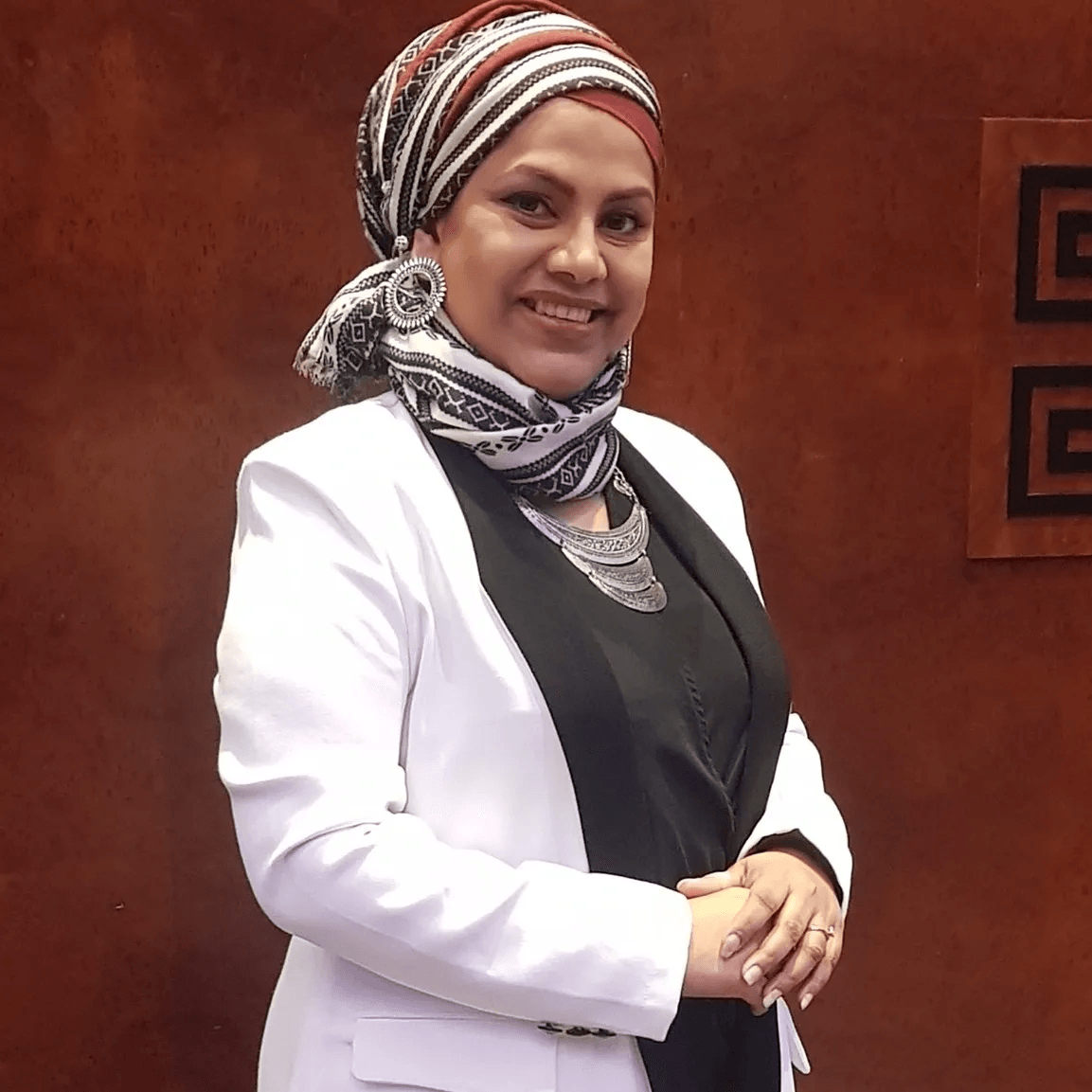What is School readiness?
When children start school they will have different abilities, skills, and experiences. Being school ready is not about being able to read and write. Children who have been to a pre-school/nursery/ early years setting will have experiences and skills that will support them to be ready for school. We talk about School Readiness and its characteristics in our previous articles
IS YOUR CHILD READY FOR SCHOOL? It is very important to understand the children's readiness for school and its characteristics.
How can we tell whether our children are prepared for school when each child is different? Here are some of the best advices assembled to assist you in getting ready for your child to start school IS YOUR CHILD READY FOR SCHOOL?
What are the factors that affect children's readiness for school?
It is important to be aware of children's development needs when considering their readiness for school. The individual child's readiness for school can include whether the child has had the opportunities to develop the necessary skills, opportunities to play, share and be with other children of their own age. If children have not had these experiences then going to school can be a daunting and confusing experience. There are many factors that may affect whether or not a child is ready for school. Let's see some factors that affect children's readiness to school:
Home background:
This is one of the most important factors that affect a child's personality, attitudes, and values. Parents have a great influence in shaping their child's thoughts and values. If parents value good quality of education, children will also develop similar values. on the other hand, some parents do have an understanding of the importance of early years education and they are not able to support their children. These children may face changes to settle in school.
A child may able to ready for school to engage in and benefit from their early years experiences only if the parent/carer are capable to support and pay for the school services, also keeping life happy and healthy by sharing some positive experiences from their childhood may encourage the child to be ready for school.
Attitudes and expectations:
Children's brain is like a sponge and they absorb whatever is around them. If parents have positive views of starting school, their children pick up similar beliefs and will have an exciting time at school. On the other hand, if parents have themselves had a tough time at school for any reason, unknowing this pass on to their children they will also start fearing school and find difficulties and challenges.
Cultural difference:
This is another vital factor in determining a child's readiness for school. There are many different cultures in this world. People have different views about school depending on their cultural background. therefore, depending on their country, people tend to show different approaches towards children's education.
Family structure:
There are different family structures and background e.g. single parents, extended family. A child may focus on a new experience of getting ready for school if the child’s father and mother are happily living together and if they are not together due to single/divorced/death then one should communicate and reflect their relationship in a positive way so the child may focus on the school readiness. some children are spending time with each parent separately or some may have adopted family. This parental bonding and social issue affect a child's readiness for school.
Pre-school experience:
The children who have attended early years settings or any preschool are more equipped to deal with changes during transitions to school. On the other hand, children who have not attended any preschool or early years setting will miss out on developing skills and they will be heavily dependent on parents or adults. This will negatively affect their school readiness.
School and preschool involvement:
How children are prepared in school or pre-school that have an impact on children's readiness to school. School offers tours for parents and schools, they would given all required information about the timing, curriculum, and invite for asking questions. Sometimes, parents do not use opportunities and this will negatively affect children's school readiness.
Age and maturity of the child:
These factors are major contributions to a child's school readiness. As the child grows older, he or she will naturally have more learning experiences than a younger child who has lesser experiences and limited interactions. A child who starts school at the age of five years may be more mature in different aspects of their development areas than a child who entre school at the age of four.
Peer Pressure:
The peer pressure refers to influence on the child’s behavior that he might or their parent/carer interacts with which may affect the child’s school readiness whether directly or indirectly and results positive by showing up on time in school, socialize with others and work hard to achieve goals whereas negative peer pressure may results skipping school, showing tantrums or wearing inappropriate clothes in school.
Special educational needs:
The children’s school readiness depends on their early year’s experiences and behavior by monitor and asses in routine-based activities from a practitioner in a setting. The practitioner must consider and link child’s parent/carer to a specialist support, relevant services from other agencies (health specialist/ speech therapist) who might need special educational needs or disabilities. The child who is under achieving might need a specialist support because lack of communication and developmental skills observed whereas a child who is overachieving might need a therapist to make the child to behave calm and normal in every task. The practitioner may organize additional planning and discussion about transition for the child with special educational needs or disability to ensure smooth and successful school readiness with parent/carer and relevant specialists.
Therefore, a child who has additional needs or having developmental delays or has a special educational need in the areas of physical, sensory, communication, learning, or emotional and behavioural development may find difficulties in the transition to school.
Final Thoughts:
When children have difficulties with school readiness, they might also have difficulty with dislike of school, learning and sometimes even the teacher who is the bearer of the school demands. In addition, they may struggle to access the curriculum being instructed because their foundation skills are not yet developed sufficiently to allow task performance. Also they may display peer rejection and social isolation where children feel overwhelmed or socially uncomfortable. Children who have difficulties may not be able to follow instructions from others in a position of authority at school (e.g. teachers). The difficulties and negative factors may lead to poor academic outcomes as the child may be in a negative state that is not conducive to learning. Not only might the child become stressed and anxious as he/she realizes his/her limitations, but also his/her parents and teachers.












